- OutThereJCH
- Posts
- I Do So Have a Black Friend!
I Do So Have a Black Friend!
The Lies You Tell Doing Diversity
Do you though????
“You’re going to do what?!”
“That’s awesome, but I’d be too scared to say that.”
These were the words spoken to me by a friend/colleague before I attended a session at a major academic conference to tell a room full of former association presidents that their act of solidarity and leadership was poisoned by their own internalized sense of white supremacy.
The year was 2017 and Donald Trump had just begun his presidency. Academic organizations across the country were scrambling to reassure their members and themselves that while they expected things to get worse under the 45th president, they remained steadfast and committed to opposing the anti-diversity rhetoric and policies being ushered in.
And to illustrate this thought, I planned to share an observation with the former presidents of the AAG. Here is a link to the video of that sharing. Start at the 1:22:30
If you didn’t catch what I said, the salient point was the fact that the panel who had spent the last hour talking about how Trump’s anti-intellectual, pro-racism rhetoric was going to impact the field, WAS LESS RACIALLY DIVERSE THAN THE ADMINISTRATION THEY WERE RAILING AGAINST.
Make it make sense!
What’s worse is they scheduled this panel during a plenary honoring one of the two non-white organization presidents ever.
The caucasity!
With the exception of one of the panelists, the responses from the majority of the past presidents was a smorgasbord of defensiveness, particularly Glen MacDonald’s (the man at the podium) acceptance of full responsibility, but “refusal to apologize”.
I deeply dislike that man.
But this response from white folks, particularly white folks with power, is all too common in the face of even the most mild, but nonetheless straightforward, calls for accountability. I had struck the nerve I knew I would, and received the mostly disappointing responses I could have bet the mortgage I’d get.
I know this brand of whiteness well.
If I had a dollar for every time I’ve heard “we value diversity here” and/or “we want to know how to be more welcoming and diverse here” my bank account would make Jeff Bazos jealous.
This event though, awakened in me an understanding about how a particular brand of whiteness functions and thrives in academia, and generally in white liberal/moderate discourse. And true to the spirit of speaking truth to power in what should be a Black History Month tradition of telling white people about themselves, I want to share what I’ve come to know as one of the best ways to hold pro-diversity rhetoric from white people to account.
The thing I always think about, and as I’ve gotten older have begun to say, when I hear this from white folks is:
“Okay, you say you want more (racial) diversity in your professional environment. Cool. How does this desired racial diversity show up in your personal life?”
9 times of of 10 it’s critckets. And the other 1 out of ten times it’s a stream of consciousness full of excuses and hand ringing.
My point in asking this hypothetical question is to draw attention to something that should be crystal clear but, for whiteness, seems opaque to the overwhelming majority of white people I’ve encountered.
“How can you claim to want something you don’t model in your personal life?”
“How can you claim to know how to act and interact with people you don’t spend your own time seeking out?”
“How can you desire to mentor people whose perspectives, values, culture you’re not in relationship with?”
Most white folks who claim to want diversity in their workspaces are lying; either to themselves, to the listeners, or both.
If I were to audit your life, where would I find the non-white people, the non-white culture, the ecosystem of relations your intentions are based on and supported by?
Like all relationships, the good ones are built from mutual respect and interest that grows into reciprocity and love. So it’s equally important that whomever the people you claim to want to have more of in your life, also are willing to claim you in theirs.
At a smaller conference the following year, I heard one of the best litmus tests for white people to know if they were on a path to deep relations with Black folks. It was offered by a white man who does diversity work in academia:
“I tell white people this all the time, unless a Black person has invited you over to their house for dinner, you cannot begin to call them your friend.”
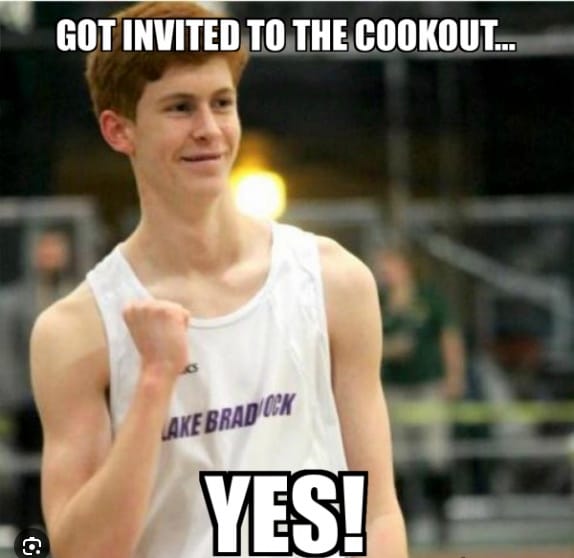
Conditions may apply
Can I get an AMEN!
Now, it’s usually about this time that white people who’ve bothered to listen to this line of conversation begin to fall apart in an existential crisis similar to Neo in the Matrix.
Good, that’s supposed to happen.
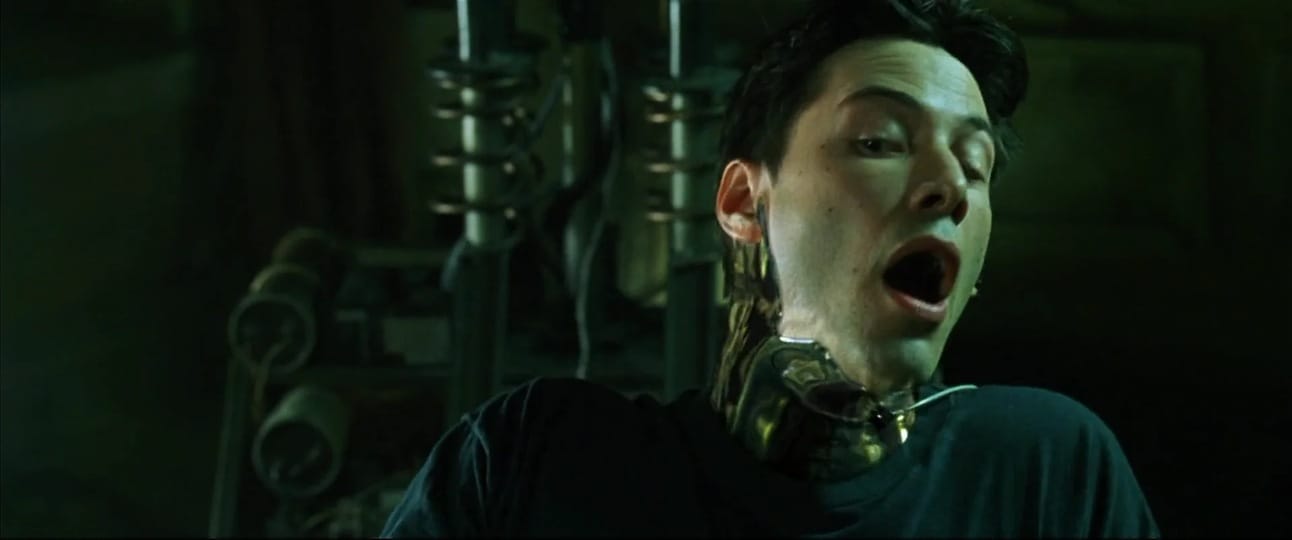
Iconic scene from The Matrix when Neo begins to awaken to the real world.
This post should deeply disturb you if you haven’t thought about these things in this way. It should make you question your relationships with any Black person or person of color you know. You should feel unsettled and insecure and scared.
This is how I and many Black folks I know feel all the time around most of the white folks. You may not have noticed this reality, but that’s because one of the first things you learn in living in this world is how to put white people at ease despite what/how you might feel about them.
So much of interracial interactions are built on uncertainty; the conscious uncertainty of many Black folks’ skepticism of white people being safe, and the mostly unconscious uncertainty of white people not knowing how to act or if they’ve said the wrong thing.
But white people have the majority of the work to do the bridge this gap of racial understanding, and most don’t because doing so involves disrupting their internalized ideas about whiteness. Like Toni Morrison says here:
This Black History Month, do Black people a favor and stop lying yourself about what kind of relationship you want to actually have with Blackness. Stop kidding yourself that you can be in good relations with Blackness without deeply examining your own whiteness, what it means, how it functions, and what parts of it you’re willing to accept and what parts of it you’re willing to work to change.
Only after, or in the midst of that work, can you begin to be the type of white person that Black people can begin to think about trusting, because you will be in the process of building a relationship with Blackness that is deeply personal to you, and thus far less susceptible to tokenizing for the sake of white kudos for doing a diversity.
And please, for the love of Black Jesus, stop using this month to hold the White Nonsense Olympics:
the new york times referring to a fade as “the travis kelce hairdo” right before black history month is NASTY lol
— mike taddow (@MikeTaddow)
10:15 PM • Feb 1, 2024
New Video Content
The wild food content is coming along slowly, but I did manage to post this video on business strategy this past week. It’s one of my favorite pieces of content I’ve produced.
Y’all ever eat squirrel? Incredibly underrated wild food. Don’t worry, I’ve got a video on this experience coming soon!
Wild Food Update
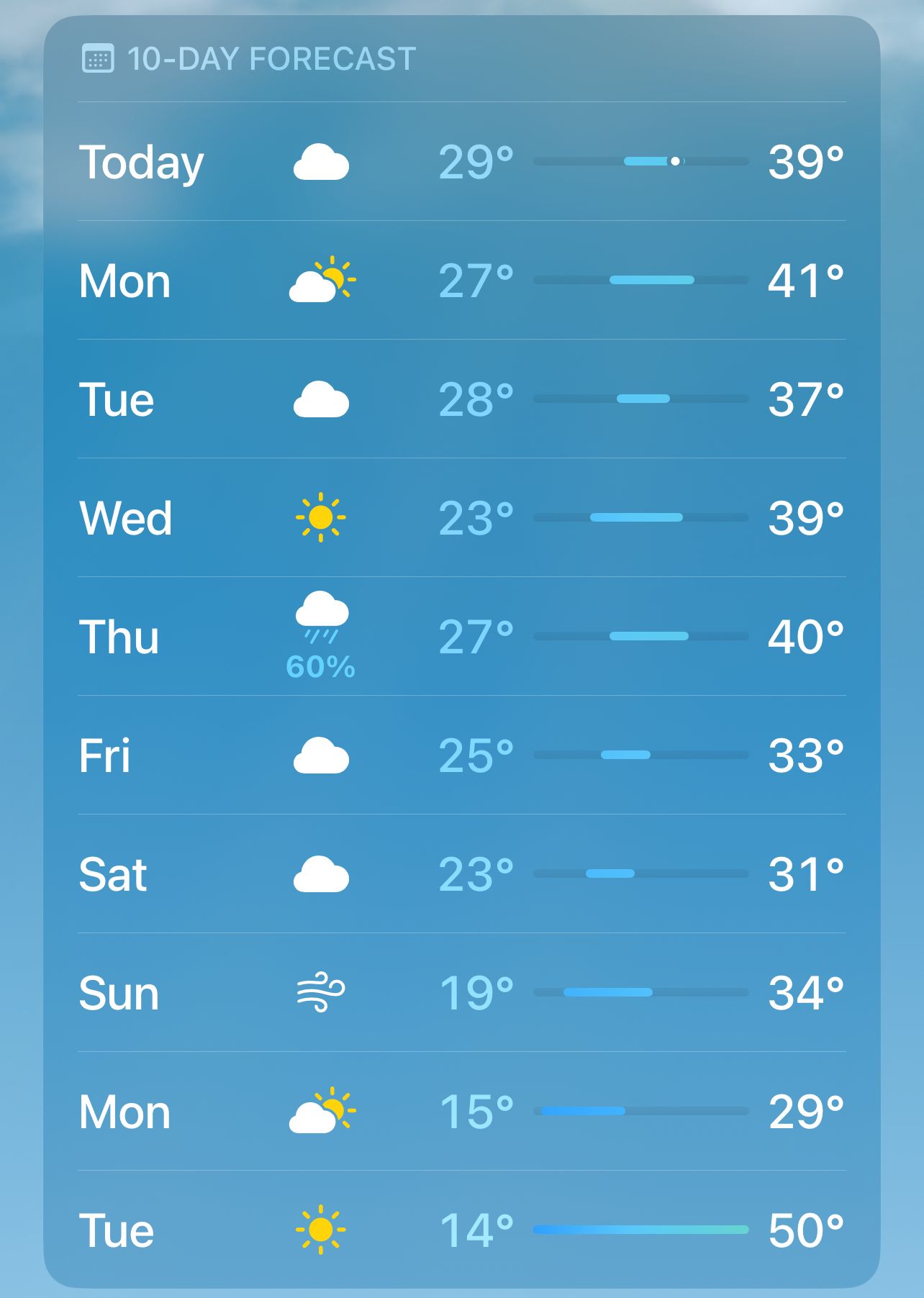
That’s sugaring weather! I’ll have to rush to get my equipment clean so I can take advantage! One year ago today I put my first taps in. Can’t wait to see what the trees gift us this year.
Business Update
As I plan to talk about next week on my YouTube channel, my weekly business meeting has become an essential part of making sure I stay consistent with growing my business. This week, I had a root canal during the time I normally run this one person meeting.
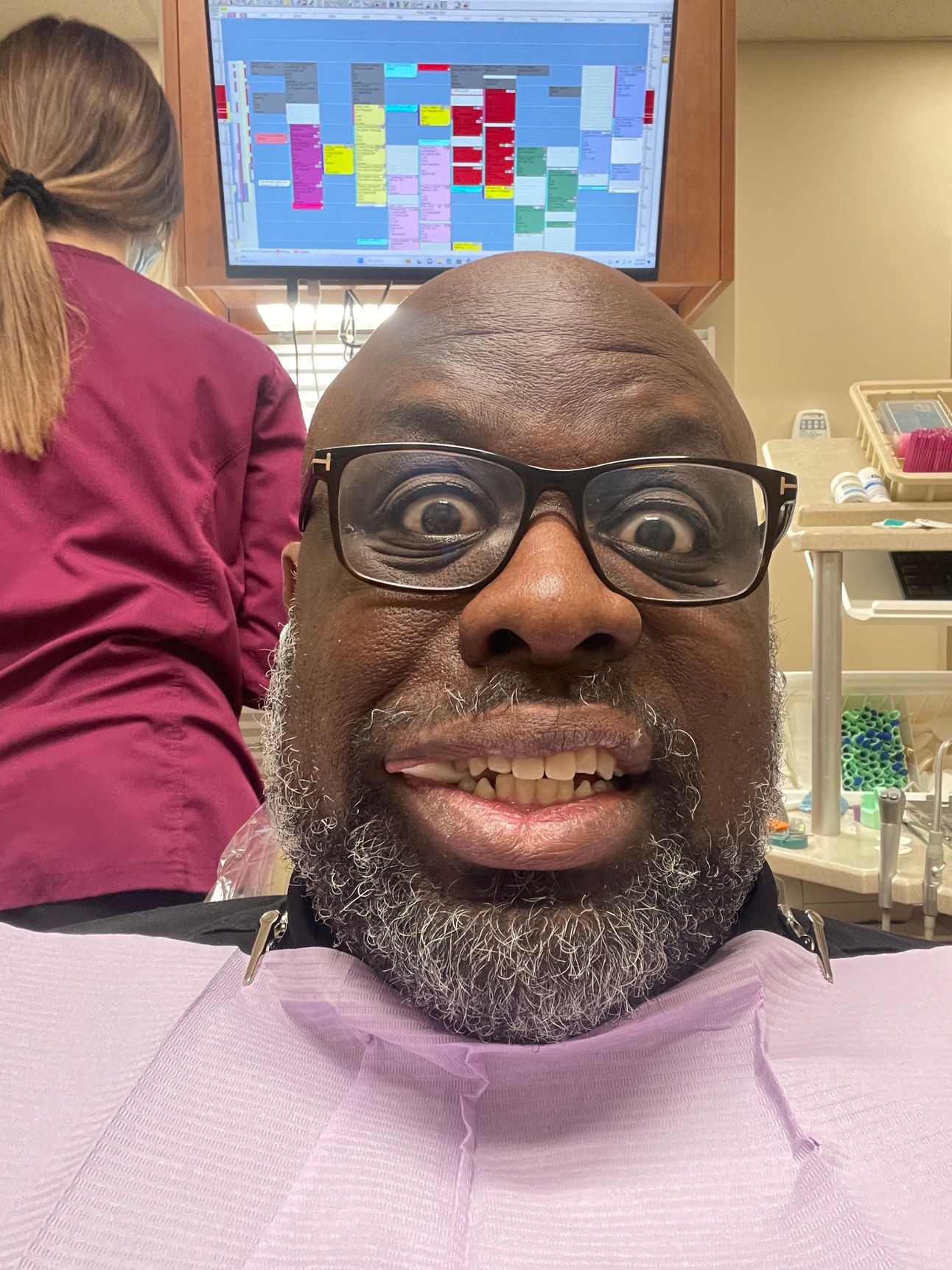
Me midway through my first root canal.
The procedure went well and I had minimal pain, but I didn’t much feel like working afterwards. I’m proud though, that I stuck with this practice because it really helped ground me in the purpose and goals of starting this project in the first place.
So, if you’re struggling with disruption, fatigue, or whatever, just know that all you need to do is show up for a little bit of intentional action, however minimal, and that’s enough. Keep going! You got this!
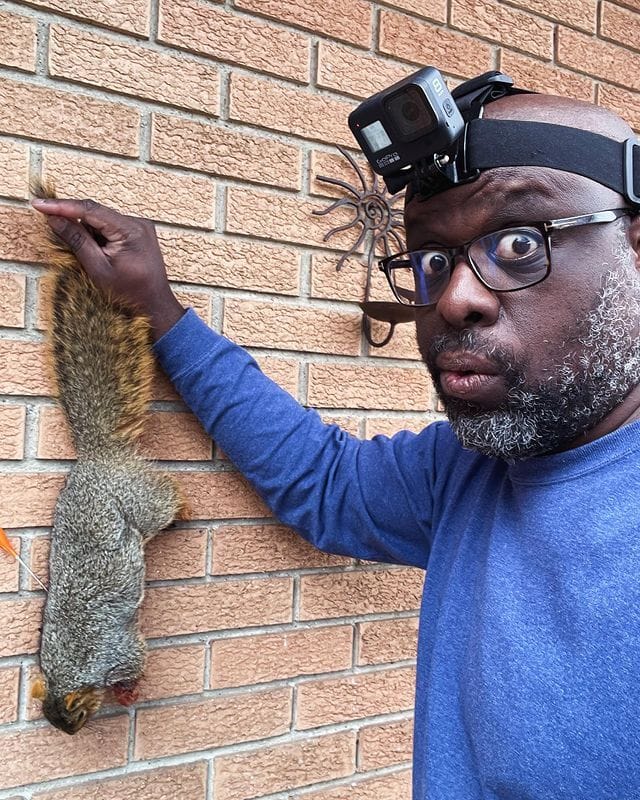

Reply